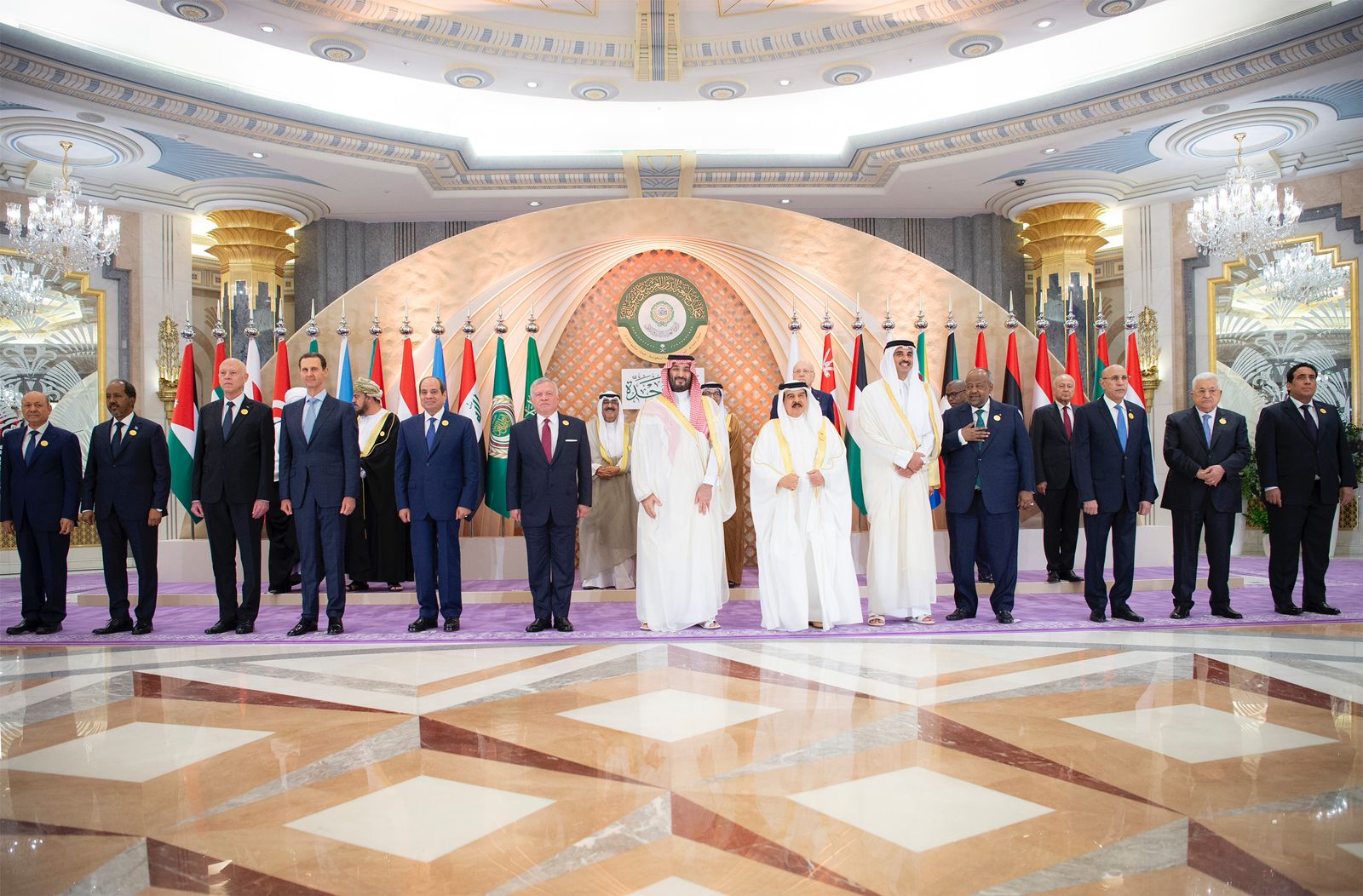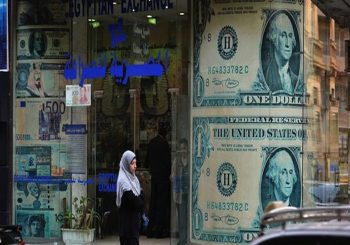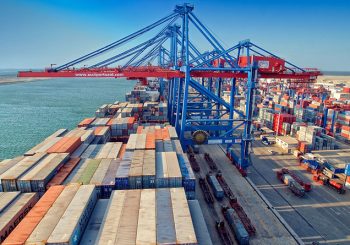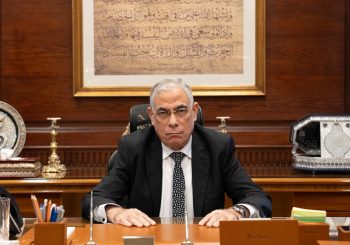With Syrian president Bashar Al-Assad and Ukrainian president Volodymyr Zelenskiy in attendance, the Arab League summit in Jeddah highlighted the new dynamics of a changing region this Friday, 19 May.
Saudi crown prince Mohamed bin Salman welcomed leaders to the 32nd regular high-level meeting of Arab League states. The highlight of the summit in the press was Syria’s presence after 12 years.
Syria Returns to the Fold
Syria, suspended since 2011 for the Assad regime’s violent repression of protests, was welcomed back amid a desire by Arab leaders to close the dossier on the war-torn countries.
As leader of the summit’s host country, Bin Salman greeted a beaming Assad as he entered the venue.
“We hope that [Syria’s delegations’ return to Arab League meetings] helps support Syria’s stability and the return to normal, with Syria playing its natural role in the Arab world,” bin Salman said.
Assad, ostracized for over a decade by the region and the world, except for allies Russia and Iran, described the global geopolitical landscape as “exposed as multipolar due to the amoral, friendless, and partner-less west’s hegemony.”
The Syrian president continued to say that the current moment is a “historic opportunity to rearrange our affairs with the least degree of foreign intervention.”
In a dig at Turkey, the main backer of the rebels in Syria, Assad mentioned “the danger of expansionist thought of a devious Muslim Brotherhood flavor.”
He also said that the Arab League needs “to regain its place as a healer of wounds, not make them worse,” and that “internal matters of the state should be left to its people… and help should be given only when requested.”
On his part, Egyptian president Abdelfattah El Sisi said that Syria’s return signals the “practical activation of the Arab role” to end the conflict in Syria.
Zelenskiy Appeals for Peace
The attendance of Ukrainian president Volodymyr Zelenskiy was another highlight of the summit.
In the beginning of his speech, Zelenskiy introduced Mustafa Dzhemilev, the leader of the Crimean Tatar people, who the Ukrainian president says are majority Muslim and oppressed by Russia.
“Unfortunately, there are some in the world and here, among you, who turn a blind eye to those cages and illegal annexations,” Zelenskiy said. “I am here so that everyone can take an honest look. No matter how hard the Russians try to influence, there must still be independence.”
Aggressors will be “cursed by the people,” according to the Ukrainian president. “Look at how much suffering the long-term wars have brought to Libya, Syria, Yemen. How many lives have been wasted by years of fighting in Sudan and Somalia, in Iraq and Afghanistan,” said Zelenskiy.
He continued his appeal by bringing the attention to his “Peace Formula,” which he said ensured food security. The Peace Formula is a 10-point initiative to end the war through steps such as ensuring nuclear safety, safeguarding food and energy security, releasing prisoners and detainees, and returning invaded Ukrainian land, among other things.
“The implementation of another point of our Peace Formula will also help many – the return home of all captives and deportees,” Zelenskiy added.
After his stop in Jeddah, the Ukrainian president is attending the G7 summit in Japan today, 20 May.
Jeddah Declaration
The summit resulted in the Jeddah Declaration, a document which made statements about the situation in the region.
The declaration re-emphasized the “centrality of the Palestinian cause” and “affirmed the importance of intensifying efforts to reach a comprehensive and just settlement.”
The situation in Sudan was a further point highlighted in the document, which stated that countries are “following with interest” the events.
The third point of the declaration “welcomed” the decision to bring Syria back into the fold. Other points “stress [the importance of] stopping foreign intervention in internal affairs” and that states “seek to preserve[…] Arab culture and identity.”
The declaration, and the summit in general, come amid a general regional direction towards reconciliation—welcoming Syria back into the ranks of the Arab League goes hand in hand with this agenda.
It is likely that the summit will be followed by continued diplomatic talks and initiatives to fight the Captagon drug industry in Syria, end the war, integrate the country back into the region, and, eventually, start to rebuild. Trade-offs will likely remain a key tool in the entirety of the region’s diplomacy.







Comments (7)
[…] post Syria Back in, Zelenskiy in Attendance: Highlights from Arab League Summit in Jeddah first appeared on Egyptian […]
[…] Source link […]